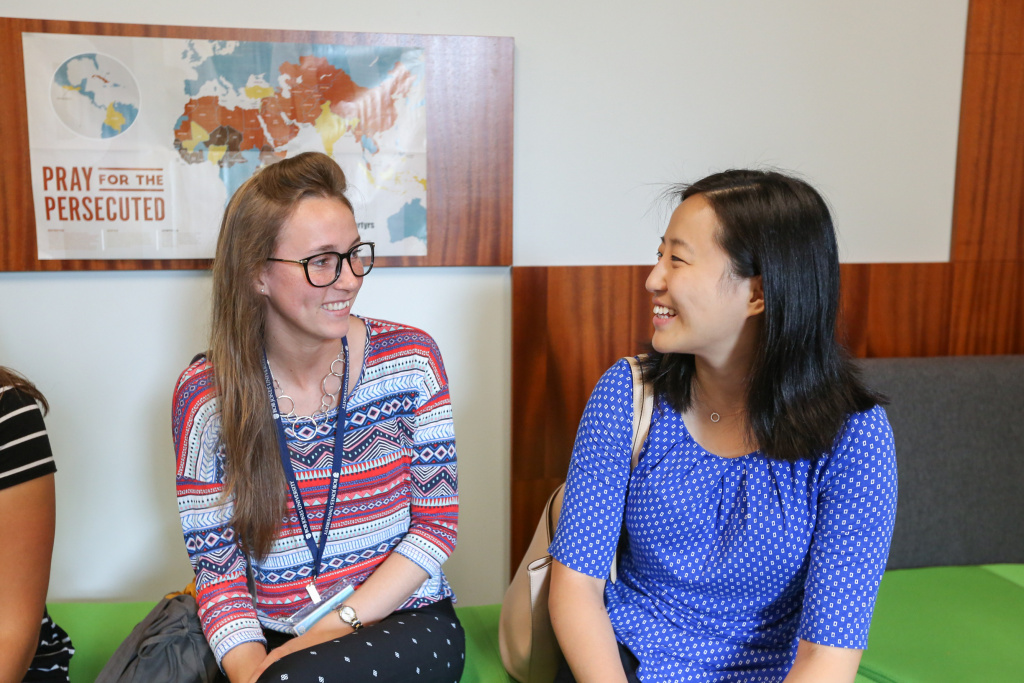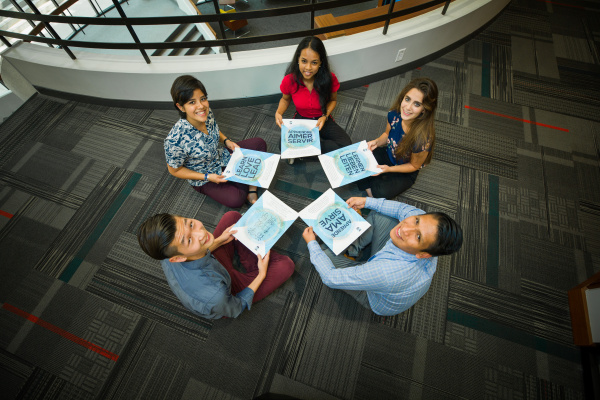If the country you grew up in is influenced by American media, you might believe you’re ready for college in the States. Many international students who came to BJU thought the same. But you should be aware of the stark difference you’ll find in the South. Pickup trucks, fried green tomatoes and fried chicken are not what most foreign students expect to see during their time in America.
Sweet Tea and Cornbread
Most foreign students, like pre-dent major Evie Haasbroek, never thought food would be an issue. But, depending on the culture you came from, it can be hard to get used to Southern food.
Gerson Petit, an English major from Peru, commented that “at home (his) meals were generally healthy, so the food here was kind of a shock.” Not only are dishes different, but the meal times are different, too. Petit said it’s been difficult to eat lunch at 11:30 a.m. and that “eating dinner at 5 p.m. is sacrilegious!” He also misses having the Peruvian lonche, a tea time between 5 and 7 p.m.
If you start missing home, the Dixon-McKenzie Dining Common offers several options. While Southern food is always on rotation, you can choose from alternatives like a ramen bar, stir fry, sushi and pasta. In addition, the dessert bar is everyone’s favorite. Soft-serve ice cream, brownies and cookies that come straight from the oven delight any student or faculty member with a sweet tooth.
Max Orellana, a criminal justice major from Argentina, didn’t know what to expect of the South but was pleasantly surprised by the dining common’s apple cobbler. Every Sunday during lunch, Orellana enjoys a bowl of warm and crumbly cobbler topped with a swirl of vanilla ice cream.
Drawls and Y’all
You might miss home-cooked meals, but most likely the strongest challenge you’ll face in Southern culture is the accent. Most international students learn Standard American English, but even SAE differs in every English-speaking country. The variation is obvious in the American South. From the drawl to “y’all,” southern English can be complicated to understand.
Language barriers between you and southerners can be uncomfortable, but they can also be an icebreaker. Cassia Moitra, a nursing student from India, laughs when she recalls some of her misunderstandings. “People have been quick to explain a tradition or have been interested in knowing about my culture if I do things differently,” she said. “For instance, in British English, we call the bathroom ‘washroom,’ which confused my friends for a few weeks as they wondered why I had to do my laundry so many times a day. We all had a good laugh about it once they understood what I meant.”
Warmth and Hospitality
But with accents and fried okra comes the warmth of the South. The community that surrounds the University is made up of people who enjoy serving one another. “The people I’ve met outside of BJU have been super nice,” said Haasbroek. She appreciates the friendly spirit of the South because “it’s the same as Zimbabwe. Very community-oriented.”
Since BJU changed its Sunday service policies in 2013, students have been visiting local churches for all services. Attending a church in the South often means kind interactions, words of encouragement and great potlucks. Jonathan George, a business administration major from India, appreciates their friendliness. “I love the southern hospitality,” said George.
Nothing in real life is like American movies and living in the South will prove that. But there are great things to learn from this culturally distinctive part of the United States. With a variety of food, interesting lingo, and overall friendliness, the South has a lot to offer international students.








